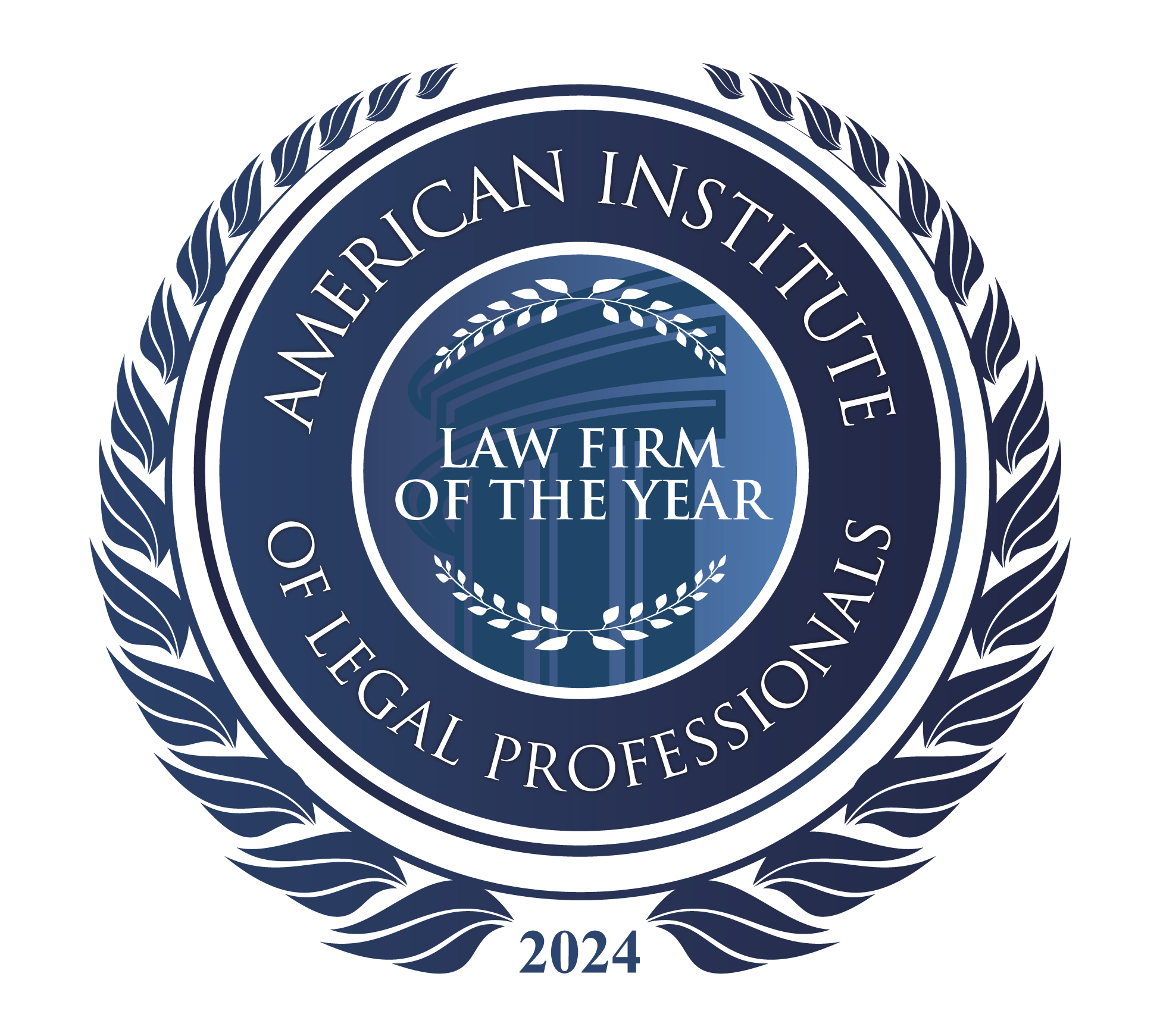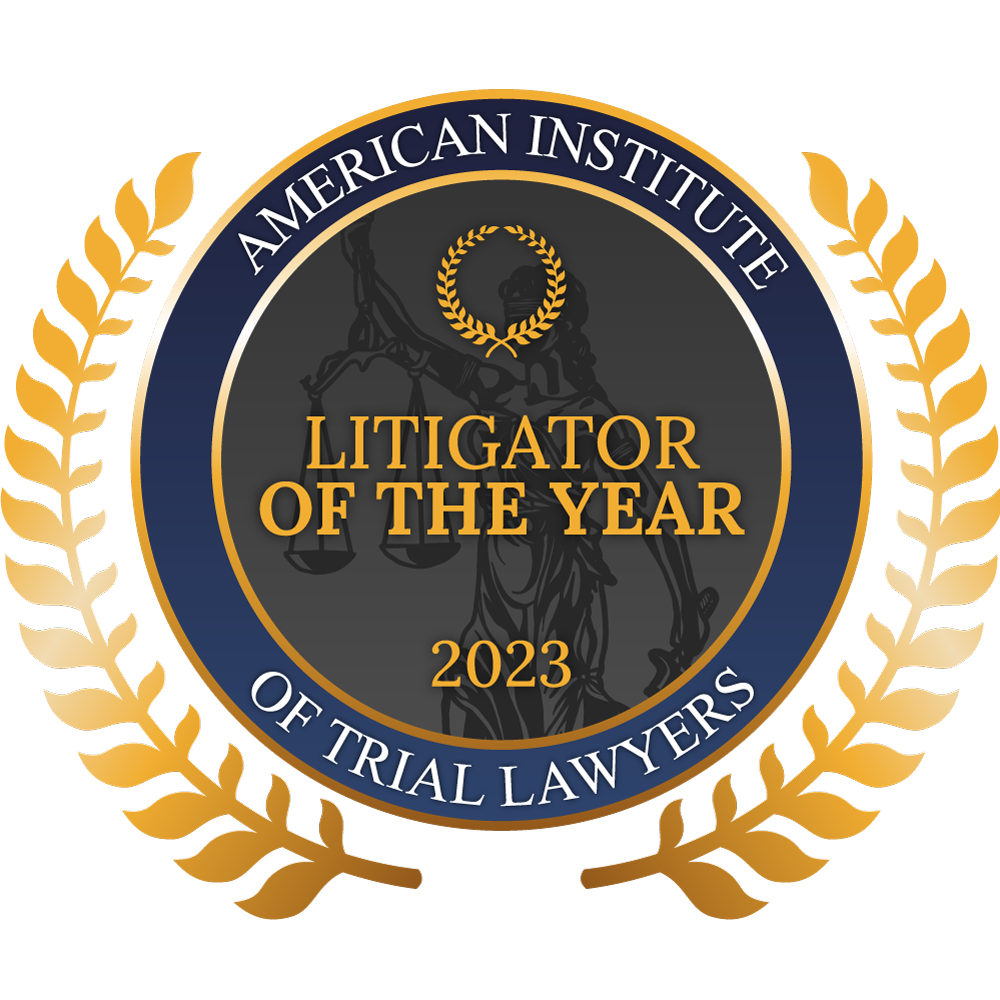The cost of suddenly being hospitalized and out of work can be devastating after a serious accident. If you have suffered a severe injury in an accident someone else caused, you may have a legal right to hold them accountable and seek compensation for your medical bills and other expenses related to the accident.
Many individuals and families in your situation are uncertain of their legal rights. They know they have sustained a serious injury. But they are unsure whether they have a personal injury claim.
Colorado law allows individuals to seek redress through a civil lawsuit if they have been unjustly harmed by another person or entity, such as a business or local government. After an accident, such as a car crash or a slip-and-fall incident, individuals may file a personal injury lawsuit seeking “damages” for their losses. People typically engage personal injury lawyers to help them pursue restitution through a negotiated insurance settlement or a personal injury lawsuit.
Regardless of how badly you were hurt in an accident, you should be sure you have a valid claim before pursuing compensation through a lawsuit. You need to be able to demonstrate that:
- You were physically or psychologically injured,
- The proximate, or most closely related, cause of your injury was another party’s negligence, recklessness or intent, and
- Your losses are compensable, i.e., they can be mitigated by your receipt of money.
An experienced personal injury attorney can review the specific facts surrounding your injury and discuss whether you have a valid injury claim. The Wilhite Law Firm has helped thousands of injured people in 40 years of practice and established a proud Heritage of Justice for clients.
Have You Suffered a Serious Personal Injury?
 The purpose of a personal injury lawsuit is to recover what you have lost due to having been injured.
The purpose of a personal injury lawsuit is to recover what you have lost due to having been injured.
A personal injury might be physical — a broken leg suffered in a car accident, a traumatic brain injury (TBI) from a slip-and-fall accident, or deep lacerations and torn tendons and muscle from a dog attack.
A traumatic experience might also inflict emotional or psychological injury, ranging from worry or fear (anxiety) about being hurt in another accident, such as in second fall or a fear of dogs, to clinical depression. After a particularly frightening accident or attack, the victim may suffer a form of post-traumatic stress syndrome (PTSD).
For a lawsuit to be successful, an accident victim’s injuries need to be formally diagnosed and treated, and medical records should reflect the fact that the person was significantly harmed. This includes documentation of treatment for psychological injuries.
Did Someone Cause Your Injury?
Personal injury lawsuits seek to hold at-fault parties accountable for the harm they have caused.
There must be identifiable fault, such as:
- Negligence or carelessness, meaning the individual or entity did not act with the level of care that a reasonable person would have exercised under the same circumstances. For example, property owners have a duty to ensure their properties are reasonably safe for visitors, and to warn of potential hazards. Drivers have a duty to obey traffic laws so that other drivers, pedestrians, and bicyclists are not endangered.
- Recklessness, or acting with disregard for others’ safety, such as drunk driving or ignoring a known hazard in a store that could cause a fall or ignoring a security issue that allowed an intruder into a hotel room to assault or rob a guest.
- Intent, typically criminal intent, such as an assault or another crime that led to an injury.
In a lawsuit, you need to demonstrate that the at-fault party had a legal obligation for the plaintiff’s safety and breached that duty. You also must show that some action or inaction on the part of the defendant was the cause of the plaintiff’s injury.
You must show that what caused your injury truly was the defendant’s fault. If a driver failed to yield and slammed into you at an intersection, they may have breached their duty of safety to you. But if you were in the intersection because you ran the stop sign, it could easily be argued that it was not the other driver’s fault.
Many times, a lawsuit arises from a dispute over who is at fault. An insurance company that contends that their policyholder was not to blame for an accident will likely balk at paying the claim.
Much of the work undertaken by personal injury lawyers involves investigating accidents to determine fault and gather the evidence necessary to demonstrate liability to the satisfaction of an insurance company in negotiations, or a judge and jury in court.
Are Your Losses Compensable and Recoverable?
A lawsuit demands money from the defendant to compensate the injured party for his or her losses.
Under Colorado law, a personal injury lawsuit may demand damages for:
- Medical expenses, such as emergency care, medication, hospitalization, surgery, rehabilitation, counseling, etc., and projected needs in cases of disability
- Lost income while out of work during recovery or because of disability the accident caused
- Physical pain and suffering
- Emotional distress, i.e., psychological injury
- Loss of enjoyment of life, such as inability to pursue recreation, hobbies, or other activity the plaintiff enjoyed before being injured
- Loss of consortium
- Out-of-pocket expenses, such as the cost of towing a car, wheelchair rental, and home renovations to accommodate a disability.
 Economic damages are calculated from bills, receipts and employment records for loss of income. Non economic damages for pain, suffering, etc., are estimated and sometimes based on a multiplier (2X, 3X) of economic damages.
Economic damages are calculated from bills, receipts and employment records for loss of income. Non economic damages for pain, suffering, etc., are estimated and sometimes based on a multiplier (2X, 3X) of economic damages.
A lawsuit may be resolved through a negotiated settlement up until the point at which a jury returns with its verdict.
Two primary considerations your personal injury attorney will discuss is whether damages are recoverable and the ultimate value of the lawsuit. Lawsuits typically seek money from insurance coverage.
Your attorneys’ fees and expenses will come out of the damages obtained in a lawsuit. If no damages are recovered, the attorney does not receive a legal free. Therefore, your attorney must weigh the costs of pursing a personal injury lawsuit against the likely outcome. It’s unfortunate, but some valid cases cannot go forward because the evidence does not indicate a likely win.
Let The Wilhite Law Firm Review Your Personal Injury Claim
If you believe you have a valid personal injury claim in Colorado, a personal injury lawyer from The Wilhite Law Firm would like to review the details of the accident and discuss your legal avenues. The initial consultation is free and will help you know where you stand. If you have a valid claim that we can pursue, it will cost you nothing until we recover damages for you.
We have devoted our practice exclusively to injury law for more than 35 years. If you have suffered significant harm someone else caused in Denver, Greeley, or Northeastern Colorado, The Wilhite Law Firm is ready to pursue aggressively the best available outcome for you. Contact us today.





















